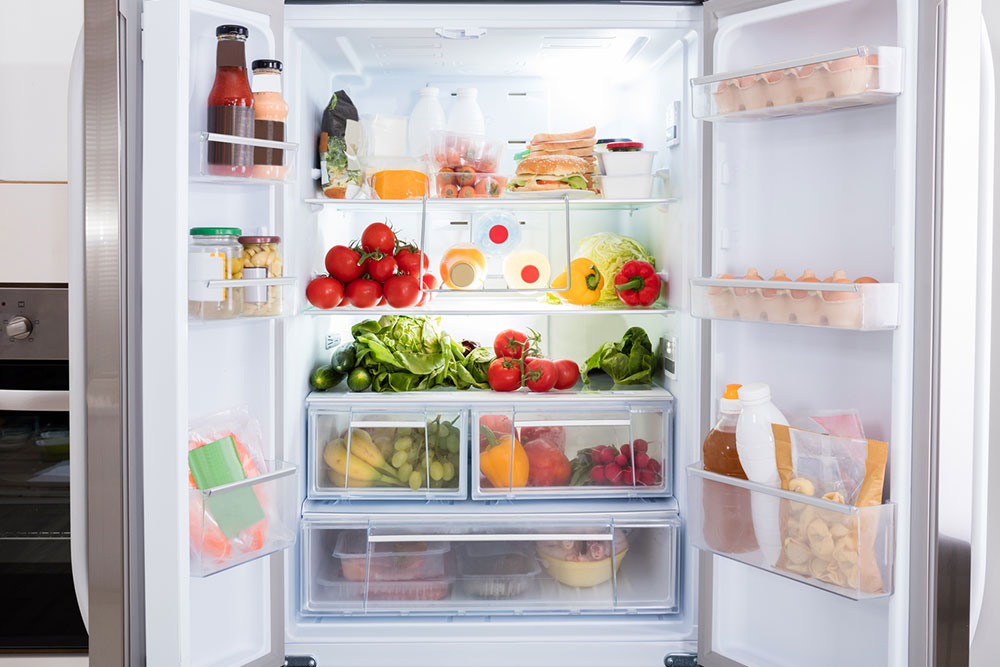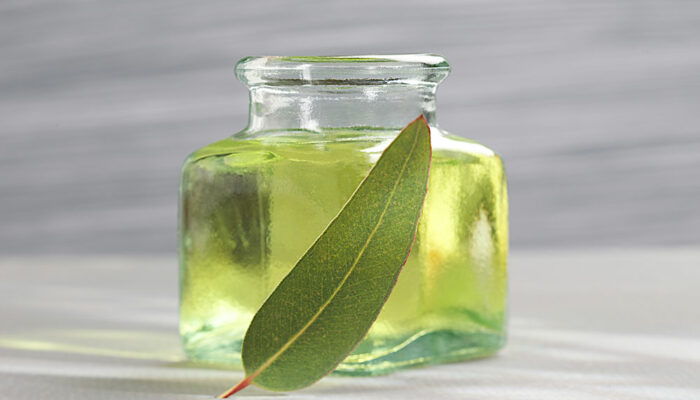
How to keep vegetables properly refrigerated
Refrigerating your foods is their best bet towards better shelf life. This is especially important if you follow a hectic schedule and need to keep your kitchen stocked all the time to fix a quick meal on those busy nights. Yet, having to spend your hard-earned money on vegetables and other edibles only to see them go bad due to incorrectly refrigerating foods can be truly upsetting. Refrigeration can be good for some vegetables and not for others.
Herein, we provide some tips on refrigerating vegetables to keep them fresh for longer:
1. Leafy green vegetables
Leafy green vegetables are foods that can turn stale if they are simply dumped in your refrigerator. You need to wash them, trim the stems, wrap them in a paper towel, and then store them in a sealed vegetable plastic bag. Even if you buy your leafy vegetables pre-washed, do give them one more rinse in your kitchen. Vegetables in this category include kale, spinach, cabbage, and bok choy, among others.
2. Root vegetables
As a rule of thumb, root vegetables stay out of the fridge. This list includes potatoes, sweet potatoes, yams, and pumpkin. Store these in a cool but dark spot in your kitchen to keep them fresh for longer. You can have a special cabinet or a root cellar that keeps these vegetables fresh for longer.
3. Carrots and beets
Although most root vegetables need to be stored outside the refrigerator, carrots and beets are an exception to this rule. like carrots can be stored for up to three months in the fridge and beets can be refrigerated for up to 10 days. Frozen beets can last 10 months.
4. Asparagus
Asparagus needs to have its stalks kept moist to stay fresh for longer. Simply store it with the stalks dipped in a jar of water with a damp paper towel covering the top. Refrigerating such foods is not necessary.
5. Zucchini
Zucchini and other summer squash need to be wrapped in an airtight food plastic bag and refrigerated for a maximum of five days.
6. Cruciferous vegetables
Cruciferous vegetables such as Brussels sprouts, broccoli, cabbage, and cauliflower need to be stored in the fridge away from other produce that releases ethylene as this shortens their shelf-life. Fruits and vegetables that produce ethylene include apples, avocados, apricots, guavas, bananas, nectarines, okra, kiwi, and tomatoes.
7. Freezing vegetables the right way
Finally, you can also switch to freezing vegetables to increase their shelf-life. Freezing vegetables is simple and a better alternative to buying pre-frozen vegetables. You need to blanch the vegetables by boiling them for a minute and then immediately immersing the boiled vegetables (or pieces of it) in cold water. This puts an immediate halt to the cooking process and prevents freezer burn from setting in. Your vegetables are now ready to be frozen for anywhere between 10 months to a year. Avoid freezing certain vegetables such as eggplants, artichokes, and sweet potatoes.



